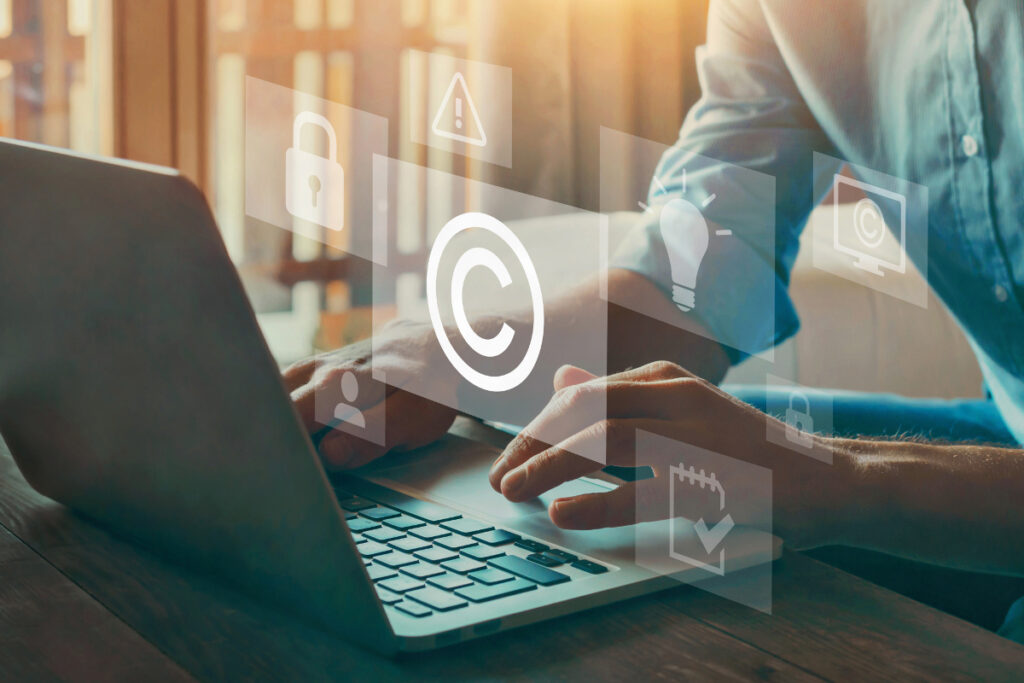In a groundbreaking legal battle, a group of prominent US newspapers has launched a lawsuit against Microsoft and OpenAI. They accuse the tech giants of unlawfully using their copyrighted content to train generative artificial intelligence (AI) systems.
OpenAI and Microsoft Accused of Copyright Infringement to Train AI Models
The eight newspapers, owned by the investment firm Alden Global Capital’s MediaNews Group, filed the lawsuit in a New York federal court on Tuesday. Among the plaintiffs are renowned publications such as the New York Daily News and the Chicago Tribune. They allege that Microsoft and OpenAI misused millions of their articles without permission to train AI products like OpenAI’s ChatGPT and Microsoft’s Copilot.
This legal action follows similar ongoing lawsuits against the same defendants, brought by the New York Times and other news outlets, including The Intercept, AlterNet, and Raw Story. These cases highlight the growing tension between content creators and tech companies over intellectual property rights in the fast-evolving field of generative AI.
Steven Lieberman, the lawyer representing the MediaNews publications, asserted that OpenAI’s success is built upon the works of others. He accused the defendants of believing they could freely utilize content without permission or compensation, stating, “They know they have to pay for computers, chips, and employee salaries, but think somehow they can get away with taking content.”
Intellectual Property, Harmful AI Hallucinations, and Ethical Use of Data
The lawsuit alleges that Microsoft and OpenAI’s AI systems reproduce the newspapers’ copyrighted content verbatim when prompted, posing a significant threat to their intellectual property. Furthermore, it claims that ChatGPT has “hallucinated” fake articles attributed to the newspapers. This can potentially damage their reputations, such as a fabricated Denver Post article promoting smoking as an asthma cure.
Lawsuit Seeks Damages and Court Order to Stop Future Infringement
In addition to the New York Daily News and Chicago Tribune, the plaintiffs include the San Jose Mercury News, Orlando Sentinel, Twin Cities Pioneer Press, Orange County Register, and South Florida Sun-Sentinel. They are seeking unspecified monetary damages and a court order to prevent the future infringement of their copyrighted works.
Legal battles like these continue to unfold. They mark a pivotal moment in the ongoing debate surrounding intellectual property rights and the ethical use of data in the rapidly evolving field of generative AI.

